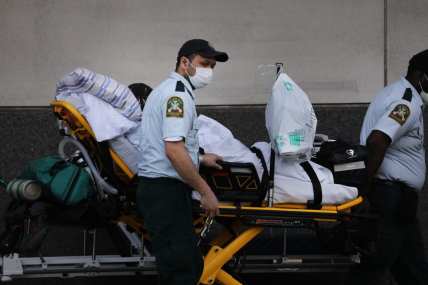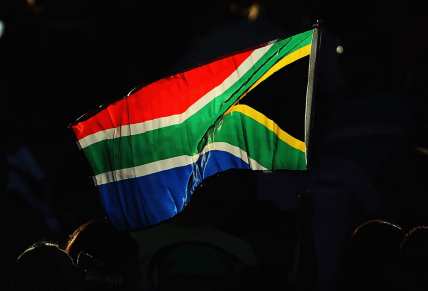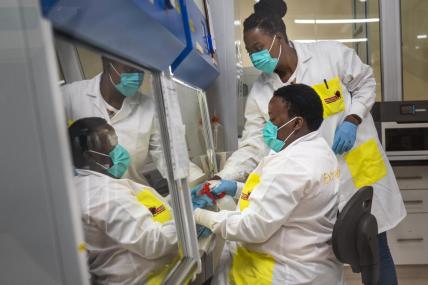African scientist who discovered Omicron variant says world’s response ‘unfair’
"How do you reward the countries that alert you of a potential dangerous pathogen with travel bans?" Sikhulile Moyo told NPR.
The global reaction to the discovery of the COVID-19 Omicron variant in Africa is a huge disappointment to scientist Sikhulile Moyo.
“We were saddened,” Moyo recently told NPR of he and his fellow researchers. “For me, personally, I felt that after two years into the epidemic, clearly as the global health community, we could be responding better and coordinating better.”
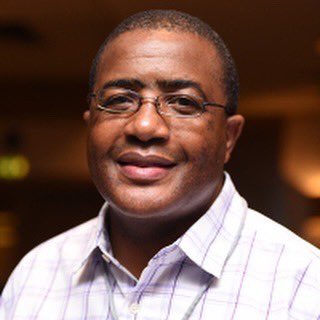
Moyo serves as lab director of the Botswana-Harvard AIDS Institute Partnership team that detected the Omicron variant in November. He’s also a research associate for the Harvard T.H. Chan School of Public Health.
He told NPR in an interview published Thursday that he and other scientists in Africa were disturbed when the United States, the U.K. and other nations started issuing travel bans against eight African nations — including South Africa and Botswana — in late November after the latter two nations warned the world about Omicron.
“How do you reward the countries that alert you of a potential dangerous pathogen with travel bans?” Moyo said. “My country was put on a red list, and I didn’t feel good about that. We know the repercussions.”
Flights to and from Botswana were canceled following the travel ban, which limited imports coming into the country, according to Moyo.
On Dec. 2, the nation’s president, Mokgweetsi Masisi, told CNN the travel bans were unacceptable, inhumane and demeaning.
“A lot of businesses lost millions,” Moyo said. “And our vaccine supply was being threatened because of delays on the way. Quite a trail of destruction.”
Masisi said four foreign diplomats who tested positive for Omicron, “came from a number of countries,” including some nations in Europe, according to the New York Times, though he declined to present evidence. Moyo said the economic fallout in Botswana has motivated locals to condemn him and his fellow researchers.
“A number of people are saying, ‘You scientists, you bigmouths, look what you’ve done. You’ve locked out Christmas,'” he said.
But Moyo stopped short of saying the reaction to Omicron’s discovery in Africa was racist.
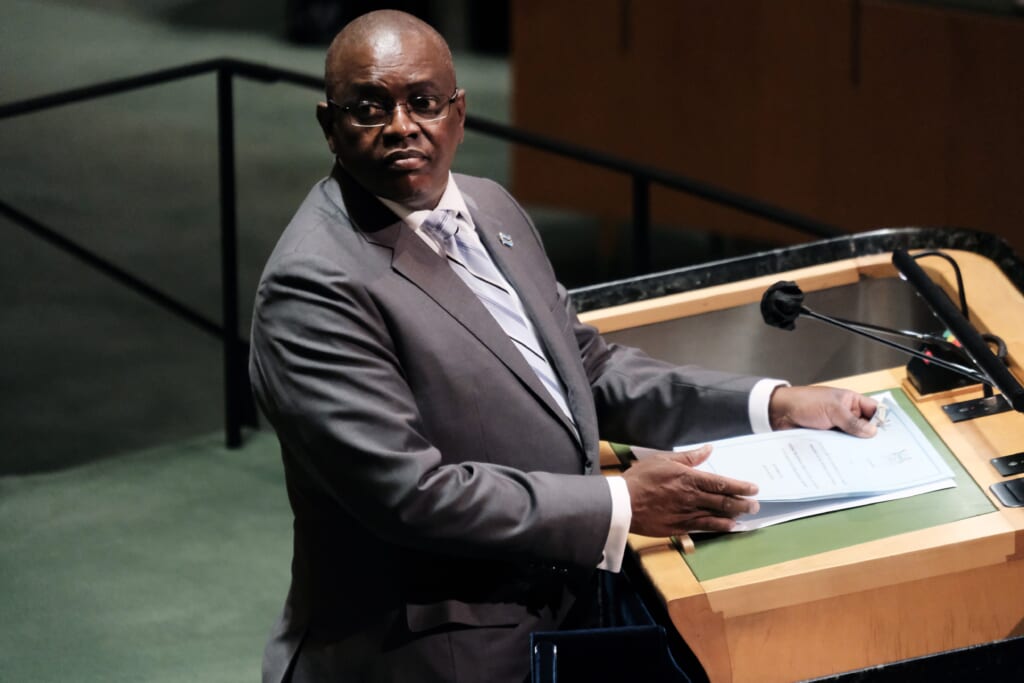
“I would call it an unfair treatment of African countries,” he said. “The Alpha variant was raging in the U.K. [months ago], and none of the countries put the U.K. on the red list. Because we understand that it’s a global village. Of course, we enhanced border screening, enhanced requirements for entering into the country, including maybe a quarantine and testing. But it was never shutting our door, because we understand that these viruses don’t respect our natural borders.”
The World Health Organization classified omicron as a “variant of concern” on Nov. 26. U.S. officials did the same four days later. Since then, the mutated virus, which is easier to catch than the original version of COVID-19, has spread throughout the world. U.S. health officials have found Omicron infected patients in at least 36 states as well as Puerto Rico and Washington D.C., according to the C.D.C.
Moyo said the disparity of vaccine distribution in wealthy and poorer nations could cause the pandemic to drag on longer.
“We have a significant part of the world that is less than 20% vaccinated,” he said. “If we increase vaccination in those countries, we are going to reduce the chances of this virus … giving it room to circulate in other parts of the world and generate more mutants.”
Getting more people vaccinated around the globe is the key to bringing the pandemic to an end, according to Moyo.
“If we really do our best and cover the world, I think we can win it together,” he said. “But if we try and do our own corners and not take care of what’s happening in other countries, I think we’ll still have another two, three years of this pandemic.”
Have you subscribed to theGrio’s podcast “Dear Culture”? Download our newest episodes now!
TheGrio is now on Apple TV, Amazon Fire, and Roku. Download theGrio today!
